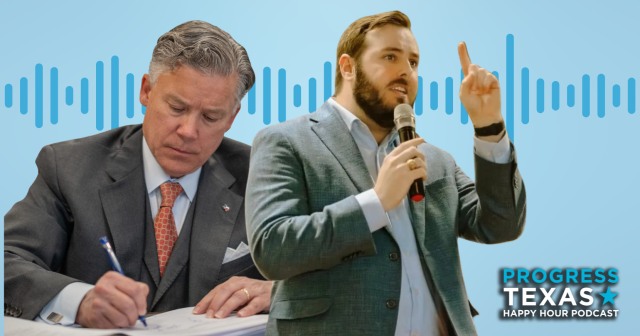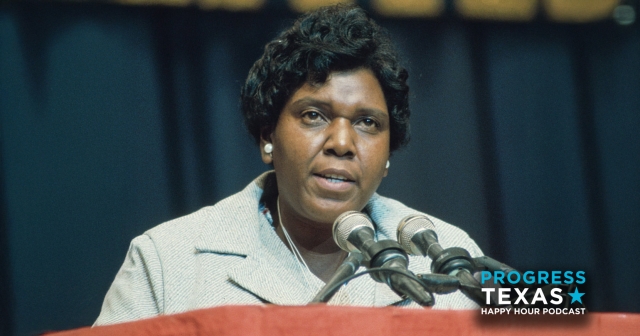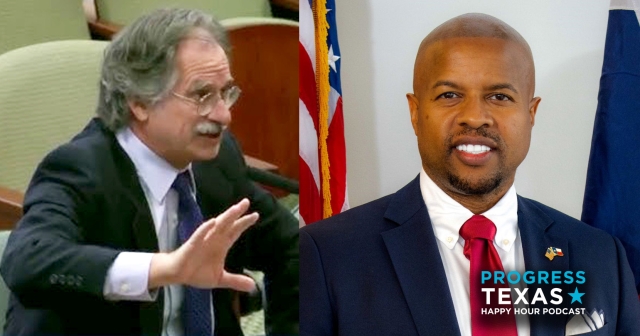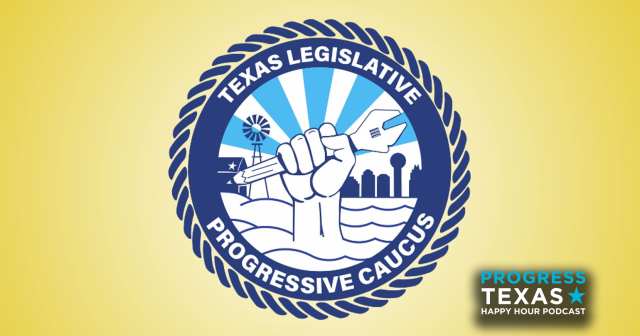State Department Admits Pipeline Study Paid For By TransCanada
Last week we posted a blog entry exposing the potential environmental risks regarding the Keystone XL Pipeline ignored by the State Department's Final Environmental Impact Statement (FEIS).
Well, now it turns out the fix was in from the start. Under pressure from various environmental and progressive groups the State Department has admitted that the Keystone XL FEIS was drafted by Cardno Entrix, a "professional environmental consulting company" whose services were paid for by the pipeline company TransCanada.
The New York Times has reported that "Cardno Entrix also played a substantial role in organizing the public hearings on the project for the State Department, the last of which was held Friday in Washington. The proposal is open for public comment until midnight Sunday, and the department’s Web site directs comment to a Cardno Entrix e-mail address." (Source: New York Times)
This sort of impartial environmental analysis is supposed to be prohibited under the Federal Environmental Policy Act of 1970 that allows outside contractors to perform environmental impact studies, but recommends that contractors be chosen solely by the lead agency and execute a disclosure statement stating they have no financial or other interest in the outcome of the project.
Cardno Entrix calls TransCanada a "major client" in their marketing materials and stands to gain future contracts with TransCanada through the building of the pipeline, which completely violates the intent of the Federal Environmental Policy Act. Oliver A. Houck, a law professor at Tulane University told the New York Times:
Cardno Entrix should never have been selected to perform the environmental study on Keystone XL because of its relationship with TransCanada and the potential to garner more work involving the pipeline. The company provides a wide ranges of services, including assisting in oil spill response. Cardno Entrix had a “financial interest in the outcome of the project,” Mr. Houck said, adding, “Their primary loyalty is getting this project through, in the way the client wants.” (Source: New York Times)
The direct relationship between TransCanada and Cardno Entrix explains the sparsity of the study, scraps its credibility, and raises serious questions about the Keystone XL project.
DONATE
Your donation supports our media and helps us keep it free of ads and paywalls.








